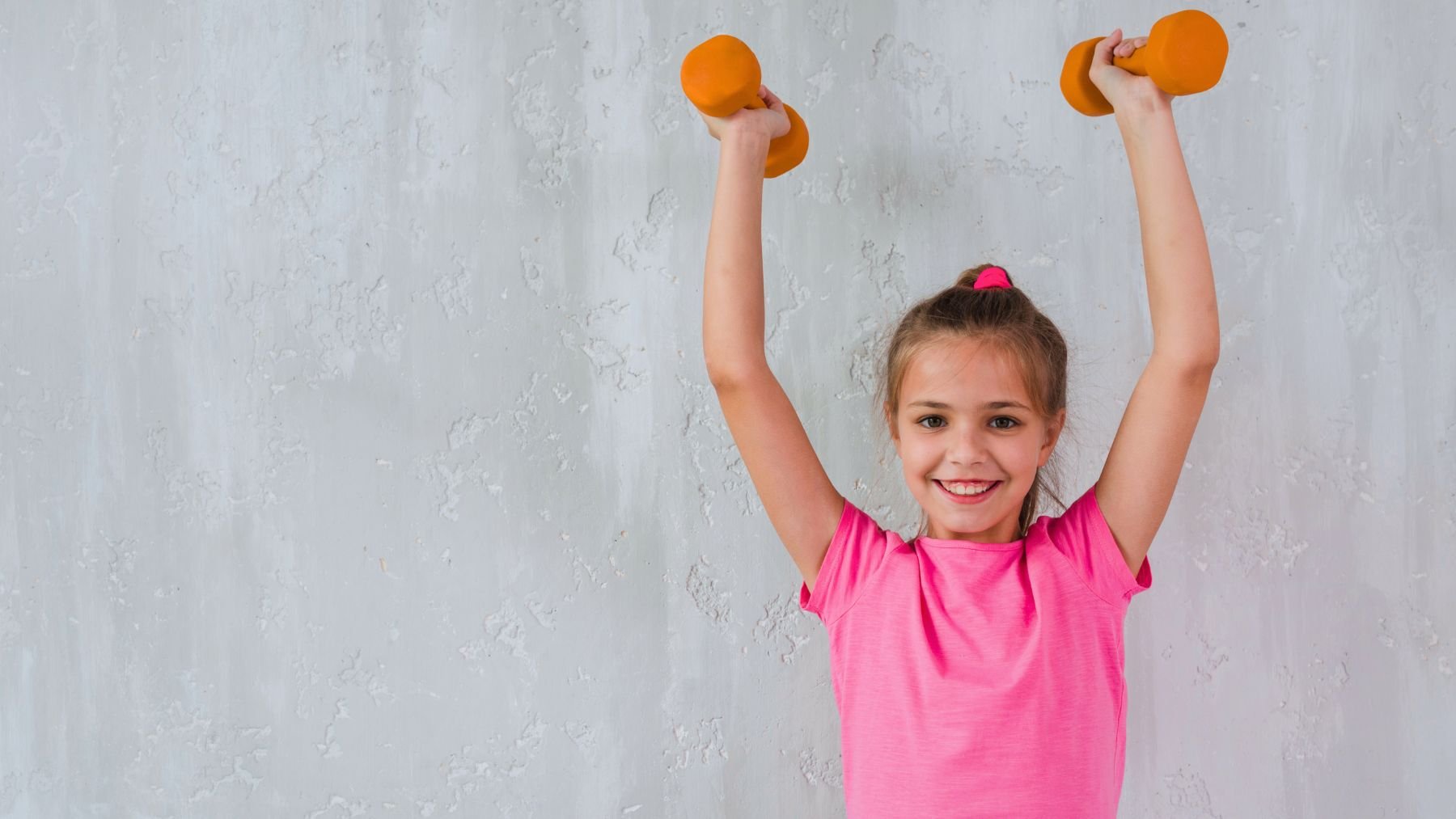For preschool kids, movement is essential, as it helps build strength, balance, coordination, and independence. While gymnastics and soccer are often go-to options, another sport lays a solid foundation for their bodies and minds.
Martial arts may not be the first thing that comes to mind for young children, but it’s one of the most effective ways to support physical and personal development at this age. In this article, we’ll look at why martial arts is a great fit for kids under 5, and we’ll also cover other activities that promote coordination, movement, and early autonomy.
Martial arts: the sport to build coordination in young kids
Martial arts—like karate, judo, or taekwondo—offer a unique physical exercise experience for kids under 5. Beyond the combat or competition aspect, it centers around movement, discipline, and learning how to follow instructions. That structure is ideal for this age group, who are just beginning to learn self-regulation and independence.
Classes for young kids often emphasize basic motor skills, such as balance, body awareness, flexibility, and control. These are taught through fun drills and movements that feel like play. Along the way, children learn how to focus, take turns, and respect rules—all key parts of developing autonomy.
When a child masters a new skill or movement, even something simple like a stance or sequence, it gives them a sense of control and pride. This helps them build confidence, which can boost self-esteem and encourage them to take initiative in other areas.
Besides, good martial arts schools create a calm, respectful atmosphere, with instructors who know how to keep things light but focused. They will teach them how to move well, listen carefully, and feel more in control of their bodies.
Other activities that foster independence in children
Martial arts is a strong option, but it’s not the only way to support early development. There are plenty of other activities that help young kids stay active while building coordination and confidence.
- Dance or rhythm-based movement: Preschool dance classes focus on rhythm, body awareness, and expression. They help kids learn to follow patterns, control movement, and stay engaged in a group setting.
- Toddler yoga: Yoga improves balance and flexibility, and it teaches kids how to listen to their bodies.
- Obstacle courses and climbing play: At a playground or in a structured class, low-height obstacle courses challenge balance, strength, and decision-making while letting kids explore at their own pace.
- Free outdoor play: Running, jumping, climbing, and crawling all support motor development. Unstructured play also helps kids become more independent in how they move and solve problems.
- Simple ball games: Rolling, tossing, or kicking soft balls can help improve hand-eye coordination and reaction time. These activities also teach turn-taking and focus in a low-pressure way.
For children under 5, movement should be regular, playful, and supportive of early skills, not just physical but emotional and social as well. Whether it’s martial arts or another hands-on activity, the key is to choose something that keeps them engaged while helping them grow stronger and more confident in themselves.

